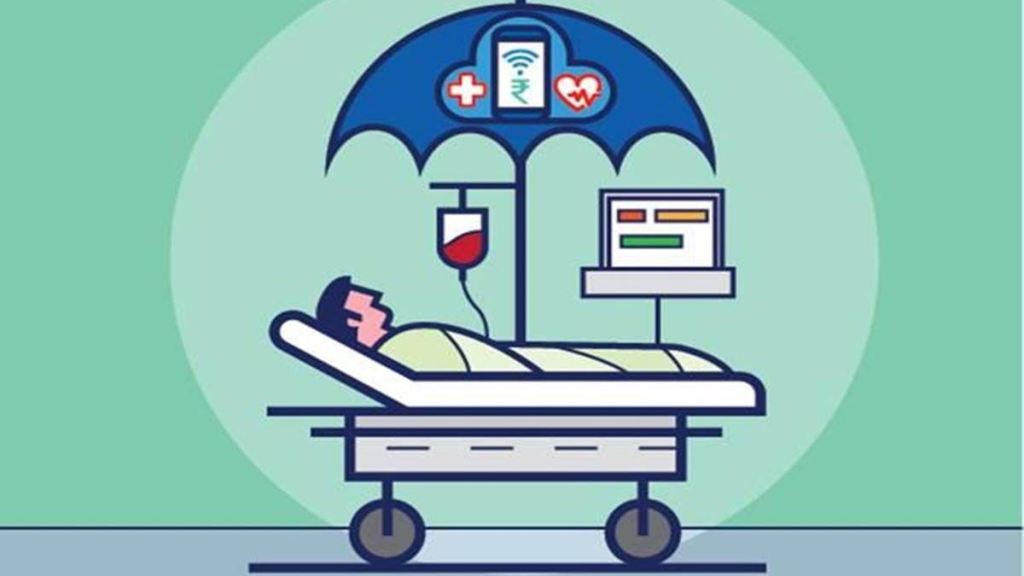Health insurance is meant to provide financial protection against medical expenses. However, insurance companies do deny claims for various reasons. As a policyholder, it is important to be aware of common reasons why health insurance claims may get rejected. This will help you take necessary precautions and avoid claim denials.
Here are the top five reasons why health insurance claims are denied:
1. Claim Process Errors
Filing a health insurance claim involves paperwork, documentation, and adherence to specific guidelines. Any misstep in this process can result in claim denial. Here are some common claim process errors to watch out for:
Incomplete Forms: Ensure that you fill out all required forms accurately. Missing information or incomplete details can lead to rejection.
Documentation: Submit all necessary documents promptly. Delayed or missing paperwork can jeopardise your claim.
Timelines: Be aware of claim submission deadlines. Late submissions may not be entertained.
Also Read: 6 money mistakes to avoid when starting a new job
2. Pre-existing Conditions
Health insurance policies often exclude coverage for pre-existing diseases during the initial waiting period. If you have a pre-existing condition and require medical attention, your claim may be denied.
Here’s what you need to know:
Disclosure: When purchasing a policy, declare any pre-existing conditions honestly. Concealing them can lead to claim rejection.
Waiting Period: Understand the waiting period for pre-existing conditions. Some policies activate coverage only after a specific duration (usually a couple of years).
3. Policy Expiry
Your health insurance policy has a defined validity period, typically one year. If your policy expires, it becomes ineffective. Here’s how to avoid claim denials due to policy expiry:
Renewal: Regularly renew your policy to maintain continuous coverage. Keep track of your policy’s expiration date.
Lapsed Policies: Raising a claim after your policy has lapsed will likely result in rejection.
4. Waiting Periods
Health insurance plans impose waiting periods for specific conditions. During this time, certain benefits are not accessible. Be aware of waiting periods for:
Pre-existing Diseases: Coverage for pre-existing conditions may activate only after the waiting period.
Maternity Benefits: Similar waiting periods apply to maternity-related expenses.
5. Exclusions
Health insurance policies have exclusions—specific situations or conditions where claims are not accepted. Familiarize yourself with these exclusions to avoid claim denials:
Specific Treatments: Some policies exclude coverage for specific treatments or procedures.
Lifestyle-related Claims: Claims arising from lifestyle choices (such as substance abuse) may be rejected.
Travel-related Claims: If you incur medical expenses while traveling to excluded destinations, your claim won’t be honored.
In conclusion, being aware of common reasons for claim denials and proactively taking steps to avoid them will help make the insurance claims process smoother. Policyholders must understand their plan coverage and communicate well with providers to maximize insurance benefits and face fewer out-of-pocket costs due to denied claims. By doing so, you’ll enhance your chances of successful claim settlements and ensure financial security during health crises.
(By Rakesh Goyal, Director, Probus Insurance Broker. Views are personal)

